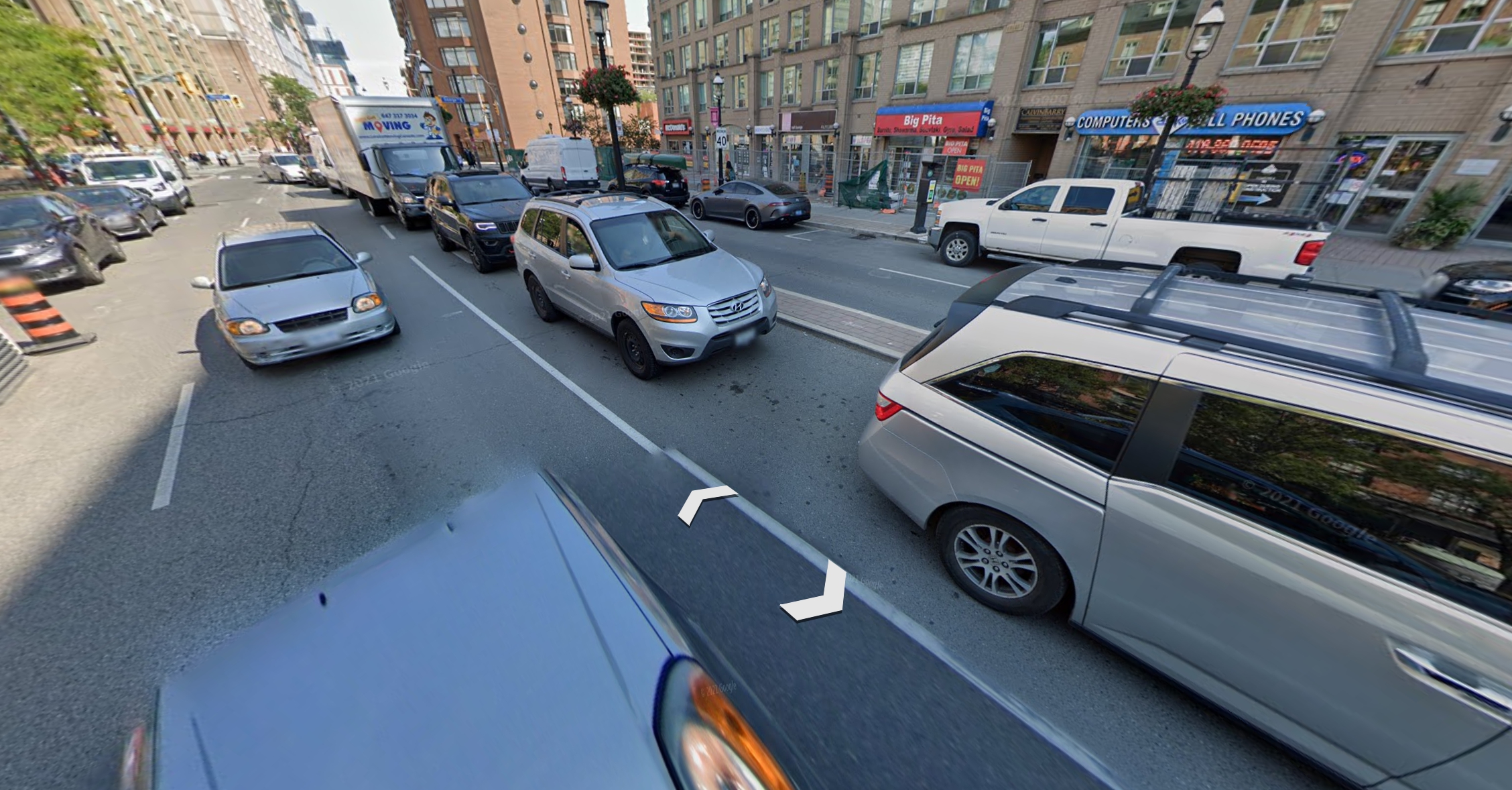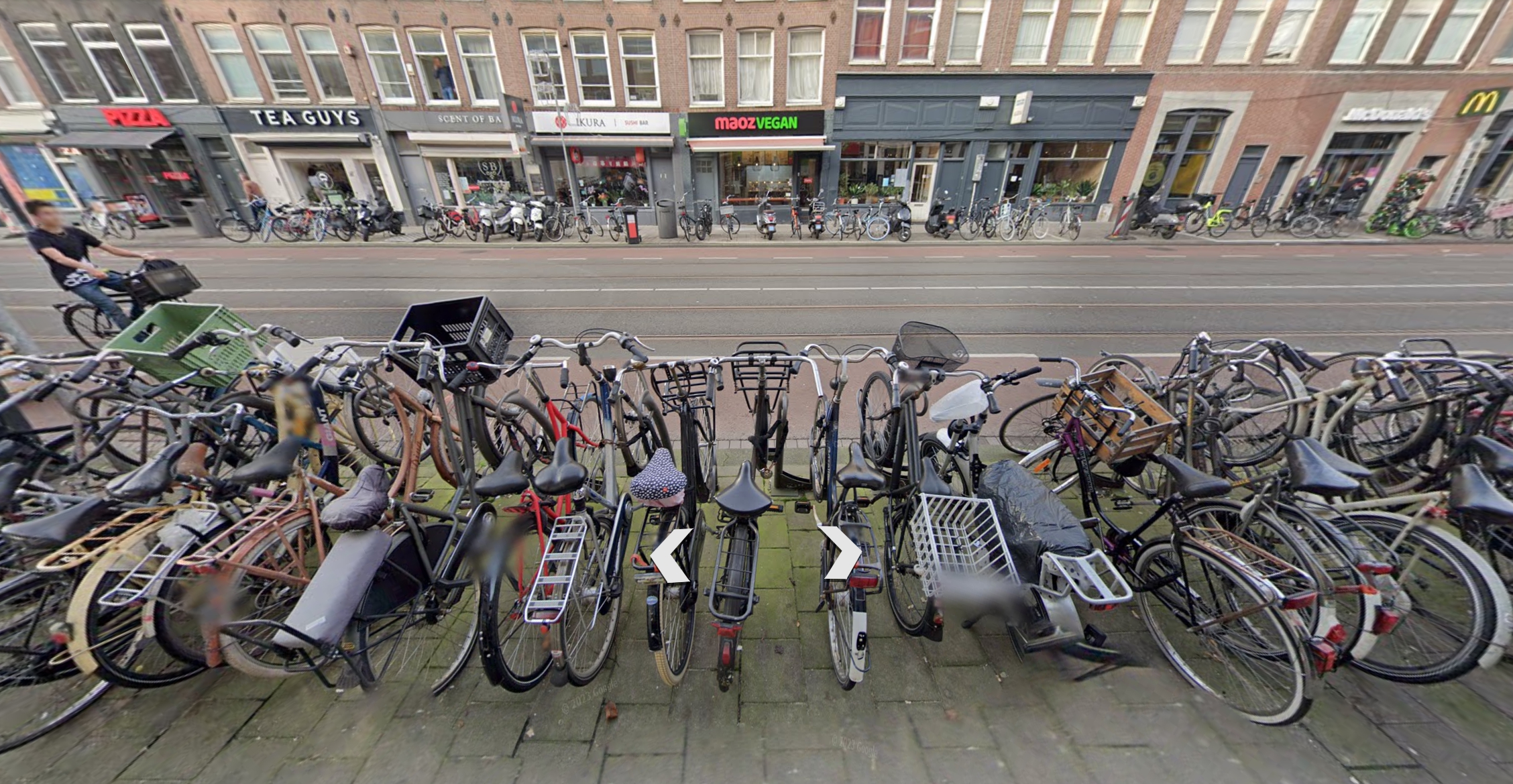Fuck Cars
A place to discuss problems of car centric infrastructure or how it hurts us all. Let's explore the bad world of Cars!
Rules
1. Be Civil
You may not agree on ideas, but please do not be needlessly rude or insulting to other people in this community.
2. No hate speech
Don't discriminate or disparage people on the basis of sex, gender, race, ethnicity, nationality, religion, or sexuality.
3. Don't harass people
Don't follow people you disagree with into multiple threads or into PMs to insult, disparage, or otherwise attack them. And certainly don't doxx any non-public figures.
4. Stay on topic
This community is about cars, their externalities in society, car-dependency, and solutions to these.
5. No reposts
Do not repost content that has already been posted in this community.
Moderator discretion will be used to judge reports with regard to the above rules.
Posting Guidelines
In the absence of a flair system on lemmy yet, let’s try to make it easier to scan through posts by type in here by using tags:
- [meta] for discussions/suggestions about this community itself
- [article] for news articles
- [blog] for any blog-style content
- [video] for video resources
- [academic] for academic studies and sources
- [discussion] for text post questions, rants, and/or discussions
- [meme] for memes
- [image] for any non-meme images
- [misc] for anything that doesn’t fall cleanly into any of the other categories
Recommended communities:
view the rest of the comments


That's because this way of city planning is normal there. You wouldn't think that making streets and sidewalks safe for human beings would be such a big deal, but to us it's unheard of!
When we put a pedestrian crossing with gasp, a signal, motorists around here lose their minds! Not really, they just ignore them. /s
It’s normal because people in the 70s put in a lot of effort and protesting to make it normal. I thank them every day for that.
It has nothing to do with protected historic buildings and a sweeping canal system squeezing the roads making them much too narrow for modern cars..
Thank the architects that made such a beautiful city.
You’re right, it has nothing to do with both of those things. Almost all canals are accessible by (modern) car.
Maybe do some reading before trying to be a know-it-all without knowing anything about the subject:
https://onsamsterdam.nl/artikelen/4-juni-1977-fietsdemonstratie-op-het-museumplein
https://www.amsterdam.nl/nieuws/achtergrond/strijd-tussen-auto-fiets/
Edit: just checked this guy’s post history and already regret biting
Other dutch cities, like Groningen, without so many canals, went through the same process, cars everywhere in the 70s, but a return to cyclable/walkable cities ever since. It's a matter of voting for the right municipal politicians.
If we're allowed to factor in "normality" here, it's a good idea to add some context to what's got you so ornery..
It sucks that America's urban development came alongside the commercialization of cars, but here we are.
Yes Amsterdam is great, it's a beautiful city with great public transportation. It tracks that a city founded in the 13th century would be designed for a population that walks everywhere.
It's a strange comparison to make.
Perhaps in 500 years Americas infrastructure will suit whatever social transportation trend people will be arguing about online. Until then I'll just do my best to minimize my impact and try not to be a cock.
So what is stopping america from building its new neighbourhoods in denser and more compact design like new neighbourhoods in the netherlands? Its not 1350 anymore yet they still seem to be able to build density and walkability.
Many American cities were founded before the car existed, why aren't those neighbourhoods walkable and cycleable?
America has a big conservative streak. That's typically why we can't have nice things.
Conservative in both the sense of "don't want change" and also "don't want outgroups to have nice things".
You might be interested in this recent video: https://www.youtube.com/watch?v=4uqbsueNvag
Change can happen very quickly, both good and bad.
There's no reason why cities in North America have to throw up their hands and say "we can't do anything about this."
Plenty of places have already returned cities back to people, and many are still trying. Some seem to have given up, and others don't want to quit their car addiction.